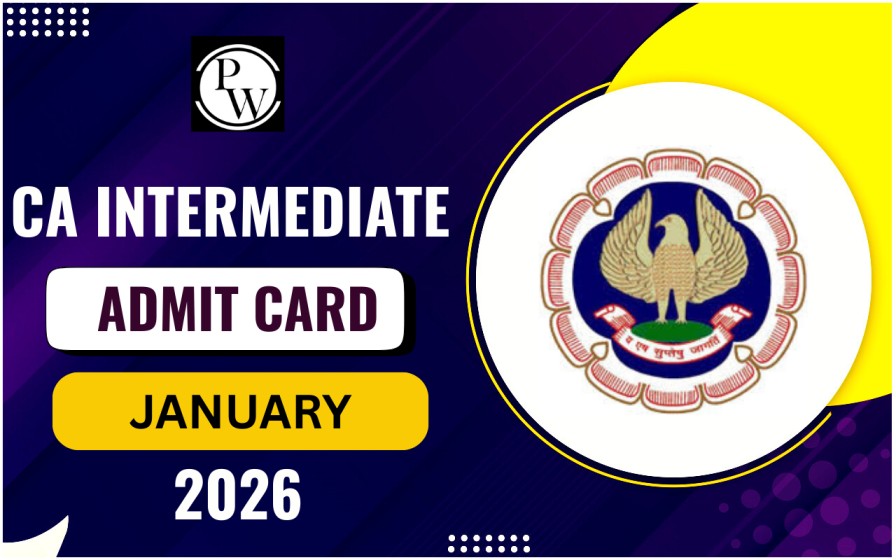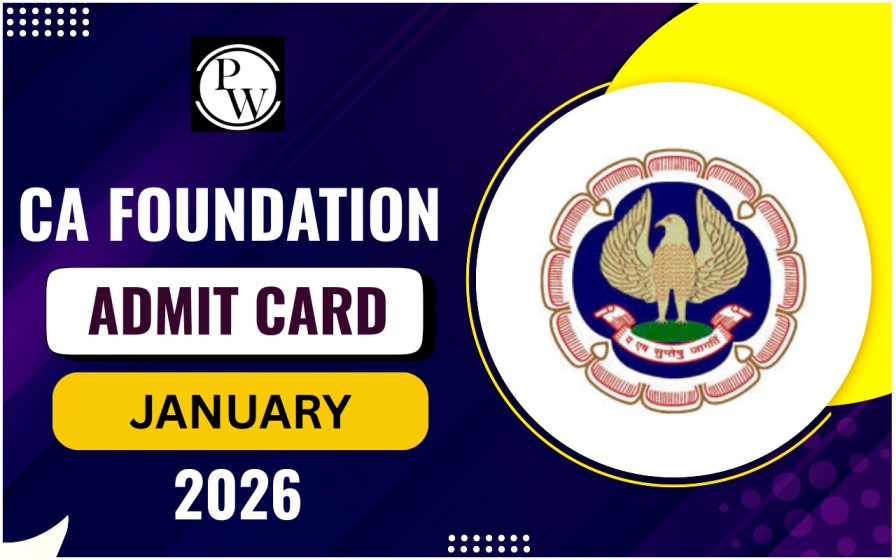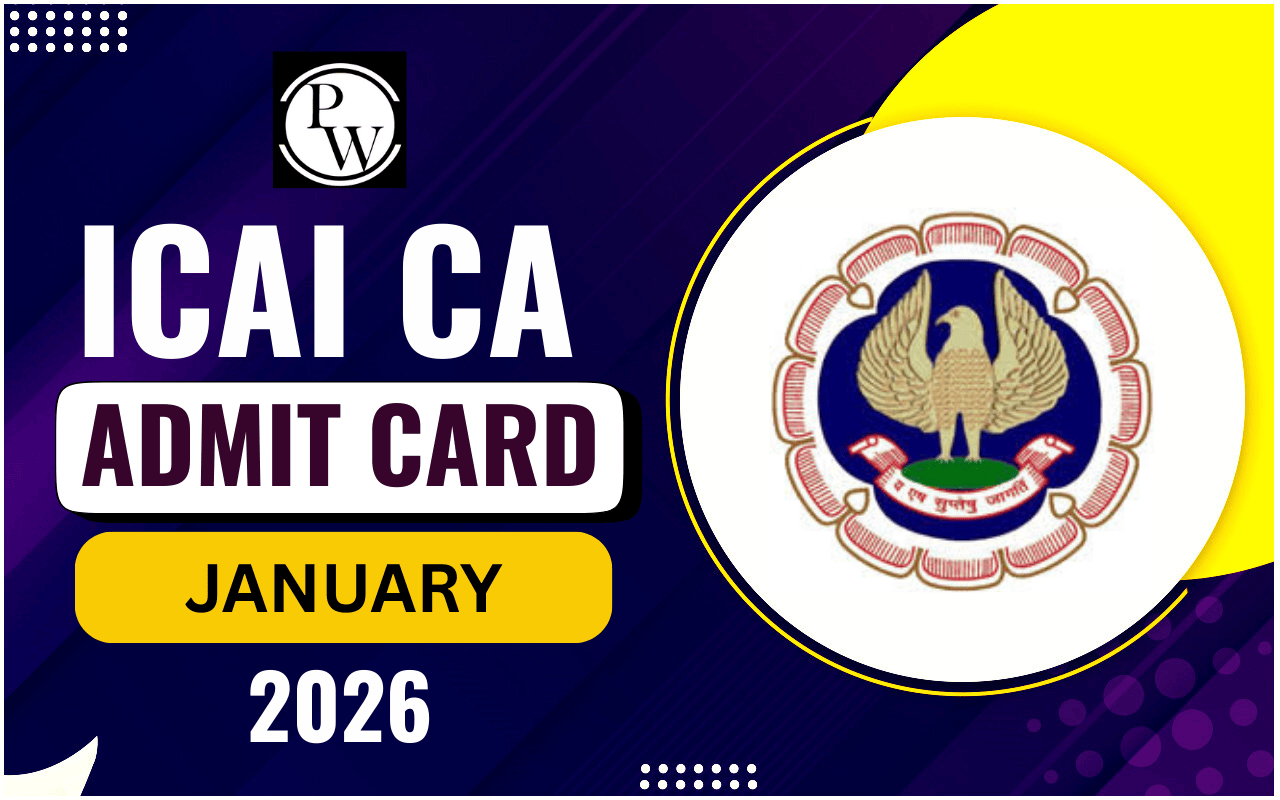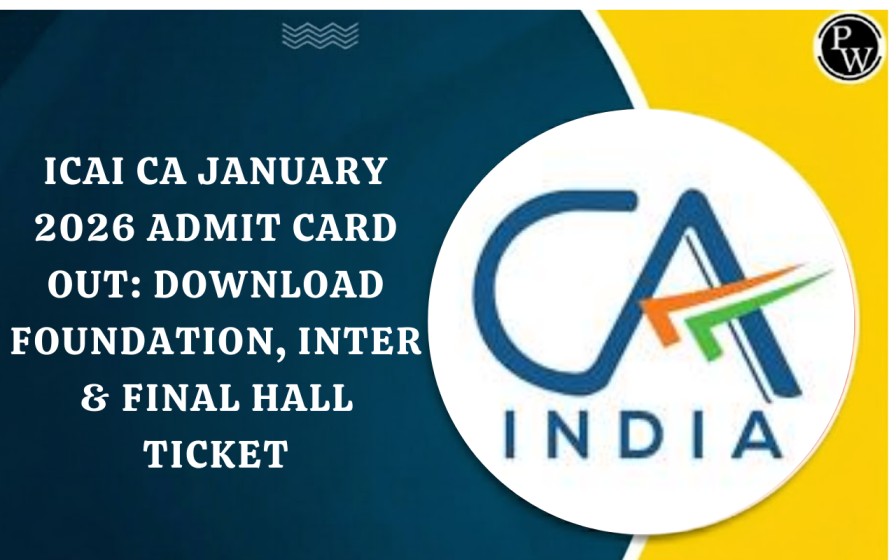
In a rapidly evolving digital landscape, the emergence of blockchain technology has brought about profound changes in the way businesses and financial systems operate. This transformative technology not only revolutionizes transactions but also has significant implications for the field of auditing.
Aspiring Chartered Accountants (CAs) preparing for the CA Final examination need to be well-versed in the intricacies of auditing in a blockchain environment. This blog post will delve into the world of auditing in a blockchain environment, offering insights and perspectives tailored to CA Final candidates. We will explore the fundamental concepts of blockchain technology, the unique challenges, and opportunities it presents to auditors, the CA Final perspective on blockchain auditing, audit procedures in a blockchain context, real-world case studies, regulatory and compliance aspects, future trends, and more.Understanding Blockchain Environment
Blockchain stands as a groundbreaking and game-changing technology that has garnered significant recognition and uptake across various sectors in recent times. At its fundamental essence, a blockchain is an openly accessible and distributed digital ledger that securely and openly logs transactions. In contrast to conventional centralized systems, which hinge on a sole governing entity or intermediary, blockchain functions through a worldwide network of computers, referred to as nodes. This network collaboratively authenticates and registers transactions, establishing an unassailable and dependable repository of data.Key Features of Blockchain
Blockchain technology offers several distinct characteristics that differentiate it from traditional centralized systems:- Decentralization: Blockchain functions on a peer-to-peer network, eliminating the necessity for a central authority, such as a financial institution or government. This decentralization enhances visibility and minimizes the vulnerability to singular points of failure.
- Immutability: Once information is recorded on a blockchain, it becomes unchangeable and cannot be deleted. This inalterability transforms it into an incorruptible ledger, well-suited for documenting crucial financial transactions.
- Transparency: Every transaction conducted on a blockchain is observable to all participants in the network, fostering openness and trust among users.
- Security: Blockchain employs sophisticated cryptographic methods to safeguard data, making it exceedingly resilient to hacking and fraudulent activities.
- Smart Contracts: Blockchain has the capability to execute self-executing contracts, commonly referred to as smart contracts. These smart contracts automate and enforce predefined rules and agreements.
Applications of Blockchain in Various Industries
Blockchain's potential extends far beyond cryptocurrencies like Bitcoin. It has found applications in various industries, including:- Finance: Blockchain enables faster, more secure, and cost-effective cross-border payments and settlements.
- Supply Chain Management: It improves transparency and traceability in supply chains, reducing fraud and ensuring product authenticity.
- Healthcare: Blockchain enhances the security and privacy of medical records, enabling secure sharing among healthcare providers.
- Real Estate: Property transactions can be streamlined and made more secure through blockchain-based property registries.
- Voting Systems: Blockchain holds the promise of establishing electronic voting systems that are both transparent and resistant to tampering.
Role of Auditing in Blockchain
Traditional Auditing vs. Blockchain Auditing The role of auditing has consistently been essential in upholding the accuracy of financial information and adhering to regulatory standards. Nevertheless, the emergence of blockchain technology presents auditors with fresh prospects and difficulties. Let's contrast conventional audit practices with those in a blockchain setting:- Traditional Auditing: Traditional auditing primarily involves reviewing financial statements and internal controls within a centralized organization. Auditors examine paper-based records, electronic databases, and rely on the trustworthiness of the entity's management and its financial reporting systems.
- Blockchain Auditing: Auditing in a blockchain environment requires a different approach. Instead of relying on a centralized entity, auditors must navigate a decentralized network of transactions and smart contracts. They need to verify the accuracy of data recorded on a blockchain without the traditional reliance on centralized authorities.
- Data Availability: All participants can access blockchain data, but auditors must verify their permissions for accessing pertinent records.
- Privacy: Users within a blockchain network can engage under pseudonyms, complicating the identification of transaction participants.
- Inalterability: Once information is logged on a blockchain, it remains unchangeable. Auditors must verify data accuracy upon initial recording.
- Complex Transactions: Blockchain supports complex transactions beyond simple financial transfers, such as smart contracts, which require a deep understanding for auditing.
- Regulatory Compliance: Auditors must ensure that blockchain transactions comply with relevant regulations, which may vary by jurisdiction.
The Need for CA Professionals in Blockchain Auditing
The intricacies and subtleties of conducting audits within a blockchain setting emphasize the necessity for proficient individuals in this domain. Chartered Accountants (CAs) are suitably situated to assume a critical role in upholding the legitimacy and openness of transactions occurring on blockchain technology. CAs contribute a substantial reservoir of financial acumen, audit proficiency, and ethical principles to the world of blockchain. Their responsibilities in the realm of blockchain audits encompass:- Verification: CAs can verify the accuracy and completeness of blockchain transactions, ensuring they align with financial reporting standards.
- Risk Assessment: CAs can assess the risks associated with blockchain transactions, helping organizations identify and mitigate potential issues.
- Compliance: CAs can ensure that blockchain-based activities comply with relevant accounting and tax regulations.
- Assurance: CAs provide assurance to stakeholders that blockchain transactions are conducted with integrity and transparency.
CA Final Perspective on Blockchain Auditing
The Chartered Accountancy (CA) program provides an intensive and all-encompassing educational platform for prospective accounting and auditing experts. It furnishes candidates with the requisite expertise and abilities to thrive in the continuously evolving realm of finance.Inclusion of Blockchain-Related Topics in the CA Final Syllabus
To prepare future CAs for the challenges and opportunities presented by blockchain, the CA Final syllabus has incorporated relevant topics. These topics encompass both the theoretical and practical aspects of auditing in a blockchain environment.Key Concepts and Skills Covered in Blockchain Auditing
Candidates preparing for the CA Final exams will encounter a range of concepts and skills related to blockchain auditing, including:- Blockchain Fundamentals: Understanding the foundational principles of blockchain, its structure, and its key features.
- Auditing Blockchain Transactions: Learning how to audit transactions recorded on a blockchain, including verifying their accuracy and integrity.
- Risk Assessment: Identifying and assessing the unique risks associated with blockchain-based activities.
- Regulatory Compliance: Understanding the regulatory landscape for blockchain and ensuring compliance with accounting and tax regulations.
- Ethical Considerations: Navigating the ethical challenges that may arise in the blockchain auditing process.
- Blockchain Tools and Technologies: Familiarity with blockchain analysis tools and technologies used in auditing.
Regulatory and Compliance Aspects
Blockchain technology operates in a global and decentralized manner, which presents challenges for regulatory authorities. As auditors navigate the blockchain landscape, they must be aware of the evolving regulatory frameworks governing blockchain transactions.Regulatory Frameworks for Blockchain Audits
Blockchain regulations differ depending on the jurisdiction, encompassing various aspects, which can include:- AML and KYC: Certain countries require blockchain companies to implement Anti-Money Laundering (AML) and Know Your Customer (KYC) procedures to prevent illegal activities.
- Taxation: Tax agencies are developing rules for reporting cryptocurrency income and transactions.
- Securities Laws: Token offerings and Initial Coin Offerings (ICOs) may fall under securities regulations in some jurisdictions.
- Data Privacy: Compliance with data privacy regulations, such as the General Data Protection Regulation (GDPR), is essential when handling personal data on the blockchain.
Compliance Requirements for Businesses Using Blockchain Technology
Businesses using blockchain technology must also adhere to compliance standards. Auditors play a vital role in helping these organizations meet their regulatory obligations. Compliance requirements may include:- Demonstrating adherence to AML and KYC regulations, especially for cryptocurrency exchanges and wallets.
- Ensuring that financial statements accurately reflect blockchain-based transactions and comply with accounting standards.
- Providing evidence of data privacy compliance when handling sensitive information on the blockchain.
- Identifying and addressing any tax implications related to blockchain activities.
- Auditors must collaborate closely with clients to understand their unique compliance needs and develop audit procedures that address these requirements.
Future Trends in Blockchain Auditing
The realm of blockchain auditing is continually changing, with numerous intriguing developments on the horizon. As blockchain technology advances and becomes increasingly incorporated into diverse sectors, auditors must adjust to these progressions. Here are several noteworthy trends worth monitoring:Blockchain Interoperability
Blockchain interoperability refers to the ability of different blockchain networks to communicate and share data seamlessly. This trend will likely lead to increased complexity in auditing, as transactions may span multiple blockchains. Auditors will need to develop the skills and tools to audit across interconnected blockchain ecosystems.Decentralized Finance (DeFi)
The rise of DeFi platforms, which offer decentralized lending, borrowing, and trading, presents new challenges for auditors. These platforms often use smart contracts to automate financial transactions. Auditors will need to audit the code and logic of these contracts thoroughly to ensure their accuracy and security.Regulatory Evolution
Regulations governing blockchain technology are still evolving rapidly. Auditors must stay updated on changes in regulations across different jurisdictions and help their clients navigate compliance requirements.Integration of Artificial Intelligence (AI) and Analytics
Auditors are increasingly using AI and data analytics tools to analyze blockchain data efficiently. These technologies can help identify anomalies, patterns, and potential fraud more effectively.Blockchain Assurance Services
Blockchain assurance services, which provide independent verification and trust in blockchain-based systems, are likely to grow in demand. Auditors may expand their services to include blockchain assurance, offering additional layers of trust to stakeholders.Auditing in a Blockchain Environment: CA Final Perspective FAQs
What distinguishes private and public blockchains in terms of auditing?
Auditing private blockchains involves assessing activity within a confined network, whereas public blockchains, which are open and transparent, necessitate different auditing approaches.
How does blockchain technology impact financial reporting?
Blockchain technology can enhance the precision and promptness of financial reporting by providing instantaneous, verifiable transaction records.
What are the moral considerations associated with blockchain auditing?
Moral considerations in blockchain auditing encompass the preservation of objectivity, autonomy, and confidentiality, mirroring traditional auditing principles.
How can blockchain auditing enhance the management of supply chains?
Blockchain auditing can provide real-time insight into supply chain transactions, decreasing fraudulent activities and enhancing traceability.
What are the career prospects for auditors possessing blockchain expertise?
Auditors with proficiency in blockchain are in great demand, with opportunities spanning financial services, technology corporations, and regulatory bodies.
🔥 Trending Blogs
Talk to a counsellorHave doubts? Our support team will be happy to assist you!

Check out these Related Articles
Free Learning Resources
PW Books
Notes (Class 10-12)
PW Study Materials
Notes (Class 6-9)
Ncert Solutions
Govt Exams
Class 6th to 12th Online Courses
Govt Job Exams Courses
UPSC Coaching
Defence Exam Coaching
Gate Exam Coaching
Other Exams
Know about Physics Wallah
Physics Wallah is an Indian edtech platform that provides accessible & comprehensive learning experiences to students from Class 6th to postgraduate level. We also provide extensive NCERT solutions, sample paper, NEET, JEE Mains, BITSAT previous year papers & more such resources to students. Physics Wallah also caters to over 3.5 million registered students and over 78 lakh+ Youtube subscribers with 4.8 rating on its app.
We Stand Out because
We provide students with intensive courses with India’s qualified & experienced faculties & mentors. PW strives to make the learning experience comprehensive and accessible for students of all sections of society. We believe in empowering every single student who couldn't dream of a good career in engineering and medical field earlier.
Our Key Focus Areas
Physics Wallah's main focus is to make the learning experience as economical as possible for all students. With our affordable courses like Lakshya, Udaan and Arjuna and many others, we have been able to provide a platform for lakhs of aspirants. From providing Chemistry, Maths, Physics formula to giving e-books of eminent authors like RD Sharma, RS Aggarwal and Lakhmir Singh, PW focuses on every single student's need for preparation.
What Makes Us Different
Physics Wallah strives to develop a comprehensive pedagogical structure for students, where they get a state-of-the-art learning experience with study material and resources. Apart from catering students preparing for JEE Mains and NEET, PW also provides study material for each state board like Uttar Pradesh, Bihar, and others
Copyright © 2025 Physicswallah Limited All rights reserved.









